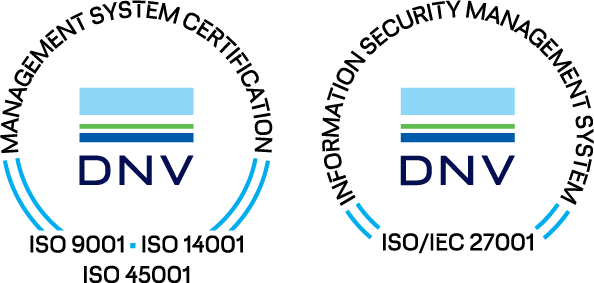International conventions
Espoo Convention
The UNECE Convention E/ECE/1250 on the Environmental Impact Assessment in a Transboundary Context (Espoo Convention) was adopted on 25th February 1991 in the Finnish town of Espoo in order to develop international cooperation in the field of environment protection and sustainable development. This convention came into force on 10th September 1997. Slovak Republic ratified the Convention on 22nd November 1999 and it came into force on 17th February 2000.
The aim of this Convention is to incorporate principles of Environmental Impact Assessment into the national legislation of the individual states and to enable other states to intervene, in a precisely determined way, in the preparation of activities that are carried out outside their territory and that can have adverse effects on their environment.
Aarhus Convention
The UNECE Convention on Access to Information, Public Participation in Decision-Making and Access to Justice in Environmental Matters was adopted in the Danish town of Aarhus on 25th June 1998. The Convention came into force on 30th October 2001. Slovak Republic acceded to the Convention on 5th December 2005.
The Aarhus Convention is an essential document in the field of environment protection in accordance with the principles of sustainable development and exercise of one of the principal human rights – the right to favourable environment. Except the field of environment protection, this Convention also concerns the principles of civil society.
The Convention aims at promoting responsibility and transparency of decision-making and strengthening public participation in decision-making processes that touch upon environment and general advancement of civil society.
The Aarhus Convention provides for obligations of signatories vis-à-vis the public in the field of environment.
The Convention is based on three principles:
-
Access of public to information on the environment.
-
Public participation in the decision making process.
-
Access of public to legal protection in environmental issues during the decision making process.
The first principle is currently implemented by the Slovak Act No. 211/2000 Coll. on Free Access to Information, as amended and the Act No. 205/2004 Coll. on Collection, Storage and Distribution of Information on Environment. In respect to the implementation of the second pillar, the EIA Act has had the broadest application.


















